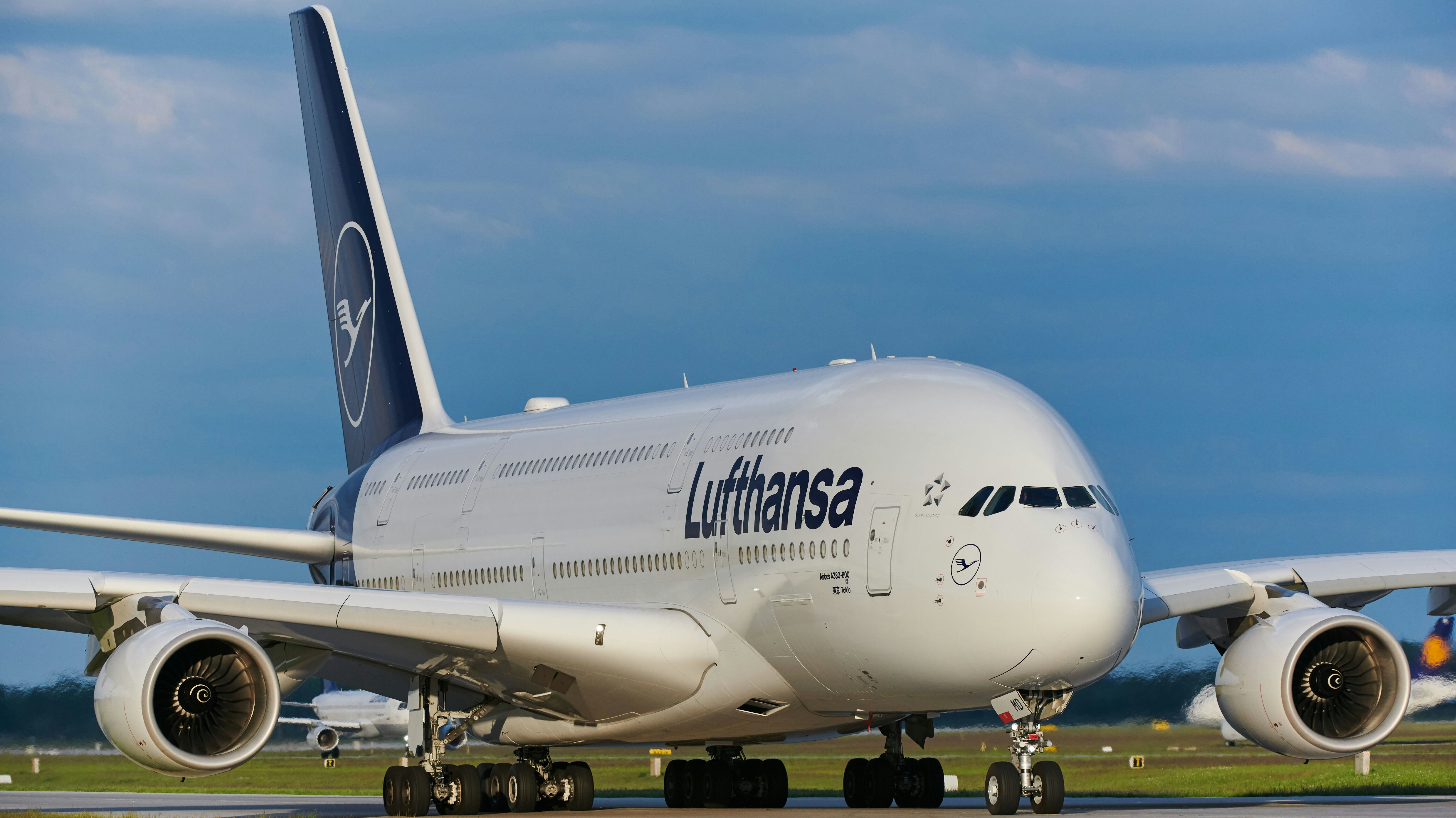Lufthansa, the Frankfurt-based airline, will become the first European airline group to pass on the costs of the new EU emissions regulations to its passengers by charging a fee of 1 to 72 euros per ticket starting next year.
The group, which operates not only the German Lufthansa but also Eurowings, Swiss, and Austrian Airlines, announced on Tuesday that the fee for departures from European countries will be increased to cover the "continually rising additional costs" of the new environmentally friendly fuel regulations.
Lufthansa attributes the introduction of the fee to the EU regulation stating that sustainable aviation fuel (SAF) must constitute at least 2 percent of airlines' fuel consumption by early 2025. Additionally, the company points to the European emissions trading system and the international Corsia system, where airlines are required to purchase CO2 certificates to offset every growth.
Currently, SAF costs at least twice as much per ton as conventional hydrocarbon aviation fuel.
Lufthansa's fee will apply to departures from the 27 member states of the European Union as well as from the United Kingdom, Switzerland, and Norway, all of which participate in SAF regulations and have emissions trading systems.
Andrew Charlton from the consultancy firm Aviation Advocacy described Lufthansa's move as an "extremely aggressive" reaction to the introduction of new regulations by the European Commission.
While some airlines introduced surcharges after the inclusion of airlines in the emissions trading system in 2012, Lufthansa's move is the first response by a European airline to the latest measures, Charlton said.
The SAF quota of the European Union is to be gradually increased in the coming decades and reach up to 70 percent by 2050. The industry is considered one of the hardest to decarbonize, as it is difficult to find non-fossil fuels that are as energy-dense as highly concentrated kerosene. Lufthansa expects that the gradually increasing SAF requirement will cost billions of euros in the coming years.
The airline group will not be able to bear the successively increasing additional costs due to regulatory requirements alone in the coming years," the statement said.
The new fee is intended to cover part of the costs incurred by the regulatory requirements for 2025.
Some environmentalists warned that airlines must be transparent about what they charge fees for.
Jo Dardenne, Director of Aviation at Transport & Environment, said: "The announced surcharge does not offer sufficient clarity on the quantities and costs of the purchased SAF, nor on the distribution of costs between the airline and its passengers.
There are significant concerns about the ability of SAF providers to produce enough fuel to meet global demand.
Manufacturers produced 500,000 tons of SAF worldwide last year. Lufthansa consumed 8.45 million tons of fuel during the same period.
It remains to be seen whether other European airline groups will introduce similar explicit surcharges or bear the costs of the new environmental requirements themselves.
Lauren Riley, Chief Sustainability Officer of United Airlines, urged pipeline operators in an interview with the Financial Times this week to transport SAF in order to reduce fuel costs.


